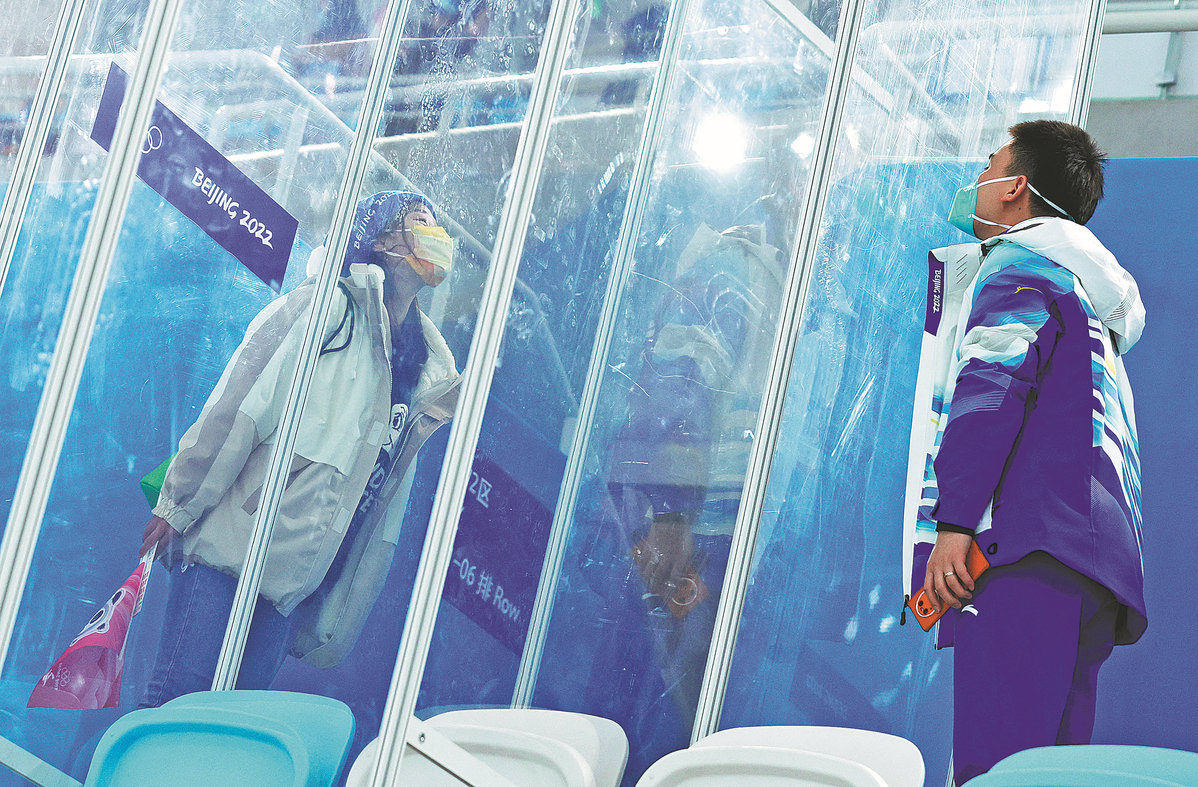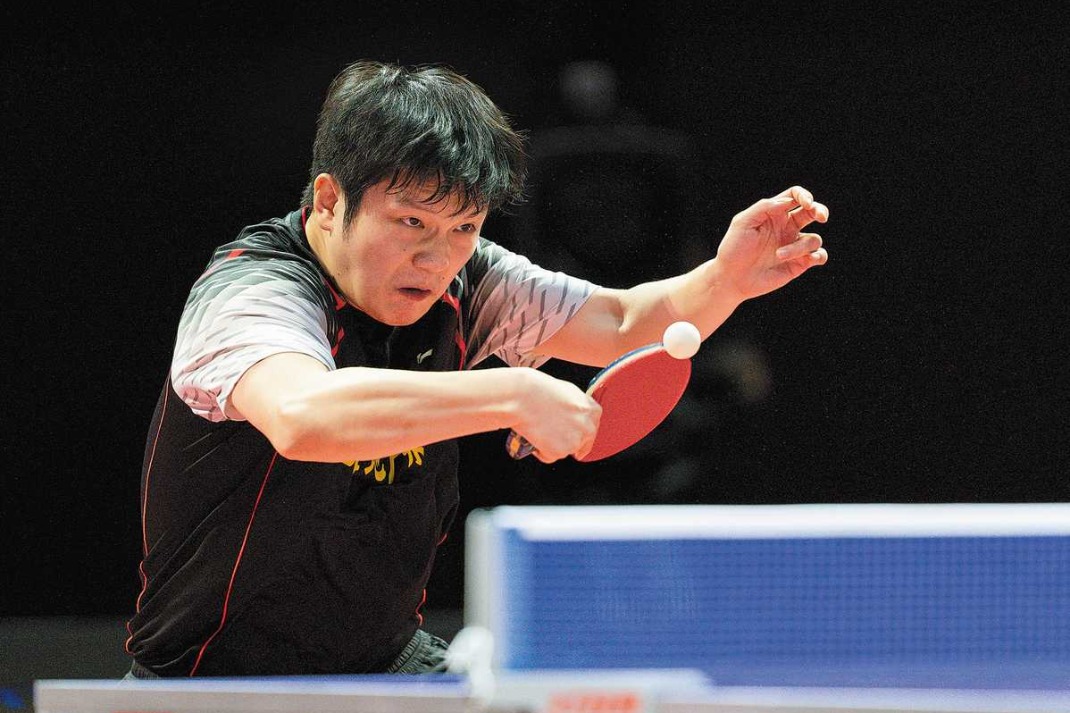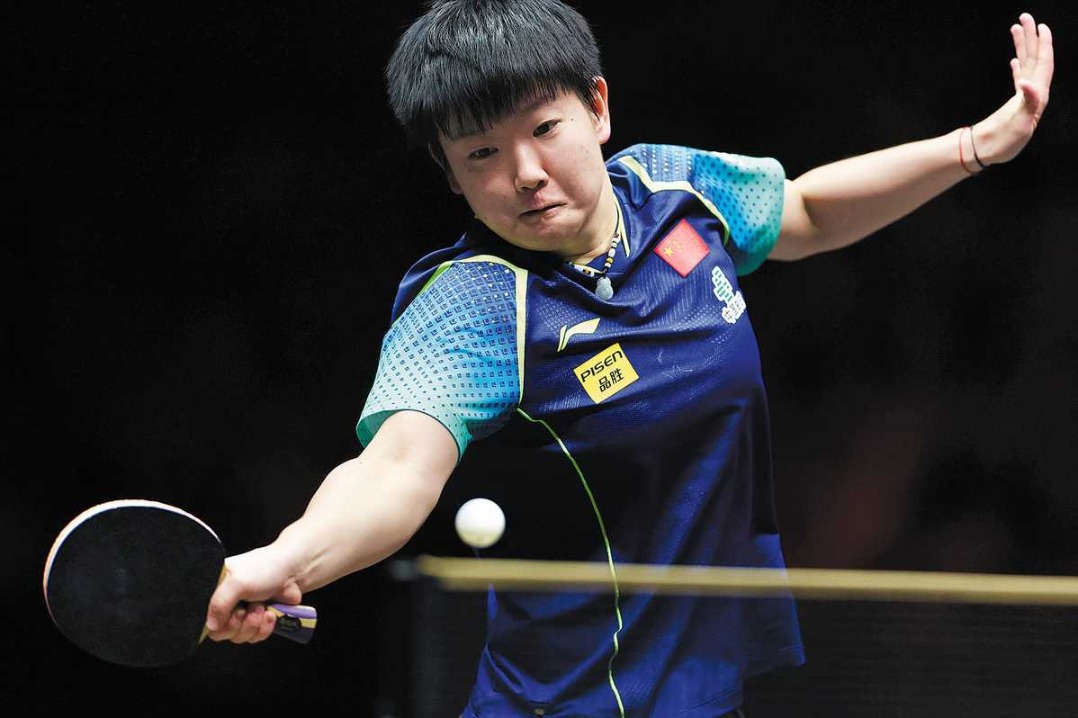Closed-loop measures proving effective


Overall infection risks under control for Olympic participants
The current pandemic prevention and control measures are effective and the overall risk is under control within the closed loop of the Beijing Winter Olympic Games, senior officials from the organizing committee said.
Huang Chun, deputy director-general of the organizing committee's office of pandemic prevention and control, said that from Jan 23 to Monday, among those participants who have tested positive, about 40.46 percent are athletes and team officials and the rest are made up other stakeholders.
About 68 percent of them have recovered and moved out of isolation.
"So far, almost all the positive cases were infected before their arrival in China or during the incubation period inside the closed loop," Huang said at a daily briefing on Tuesday.
"Inside the closed loop there are no cluster infections of COVID-19, showing that the current measures are effective and the overall risk is under control."
According to the organizers, there were no positive cases at the airport on Monday among 133 Olympic arrivals, while six were confirmed positive within the closed loop.
As predicted by Huang, as the number of Olympic arrivals into China decreases, there will be fewer positive cases tested at the airport, but due to the incubation period, more cases may be found within the closed loop.
"But with the continued use of the current measures, we expect that the number of cases will continue to drop," he said. "In the next stage, we will also continue to strictly follow the measures inside the closed loop to create a safe and healthy environment for the Games."
Brian McCloskey, chair of the Beijing 2022 Medical Expert Panel, agreed with Huang.
"I still believe that the situation inside the closed loop is extremely safe. There's no sign of spread of infection, and certainly no sign of infection spreading outside the closed loop. So that is generally good news that we are where we expect it to be," he said, adding that no one can take a lax approach to the coronavirus.
"We can say we are comfortable with where we are and we hope that continues, and we expect it to continue," McCloskey said.
He also stressed that the measures are based on science.
"Our understanding of the coronavirus has been changing over the last few years and continues to evolve. As it evolves, we review the situation, but they are based on science," he said.
"There is a difference between people who test positive because they're continuing to show the virus and the people who are testing positive as reinfections. That is not something we saw until Omicron came around. The possibility that someone could be reinfected has developed over the last few months and our protocols provide for that. And that is still based on the science from around the world."
Most Popular
- China held 671 marathons, road races in 2024
- 'El Matador' bullish about Dakar title defense
- Arsenal closes gap on Liverpool, as Jesus stars again
- Ohio State topples top seed Oregon in one-sided Rose Bowl
- Knicks roll to ninth straight NBA win
- CTTA goes to bat for star players






























